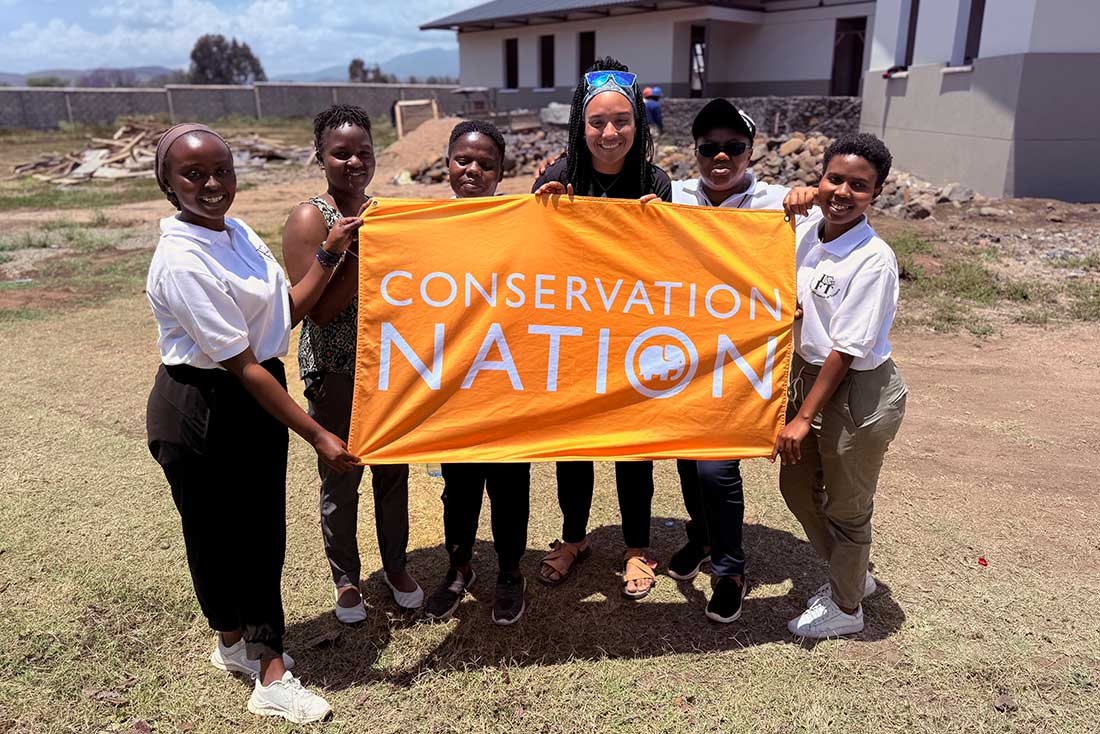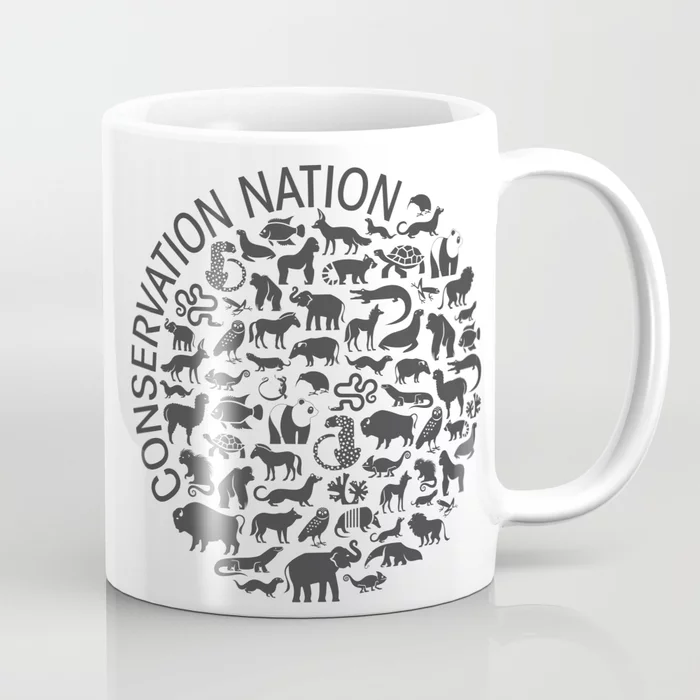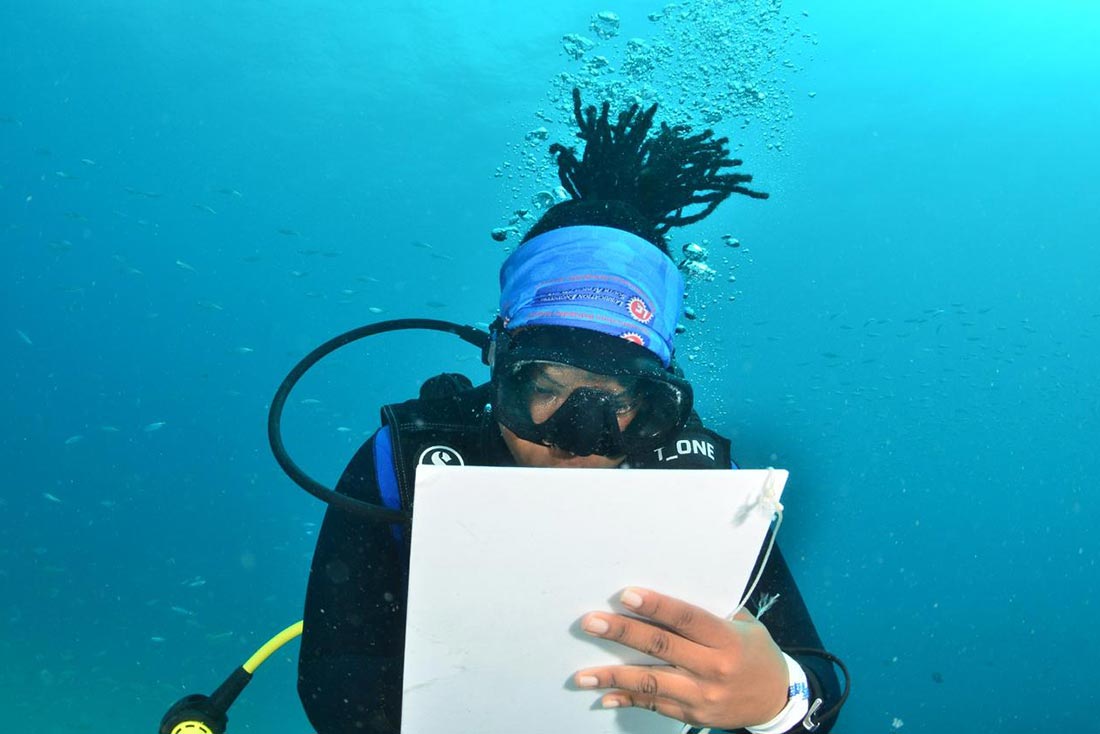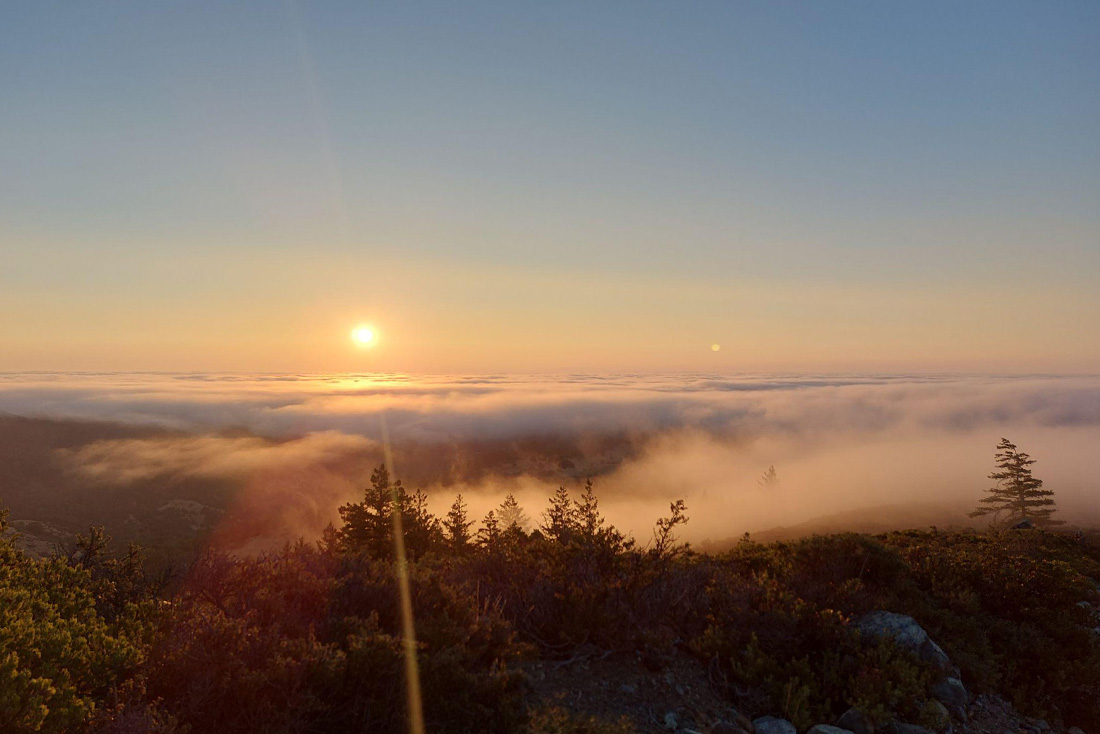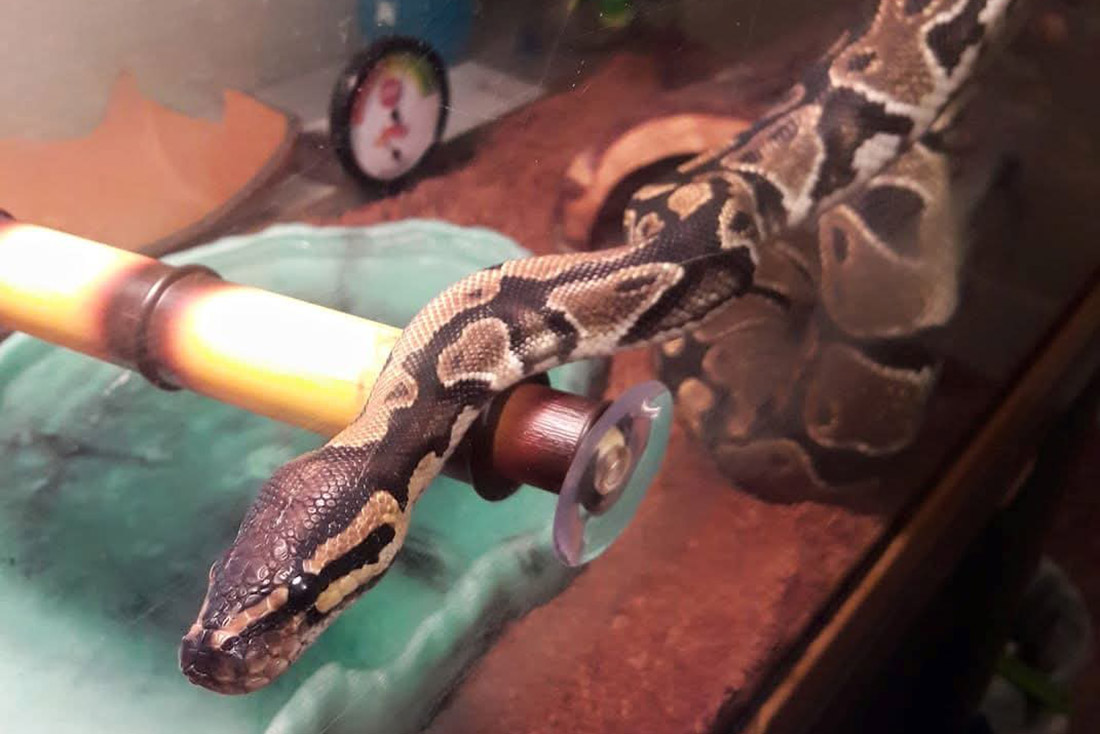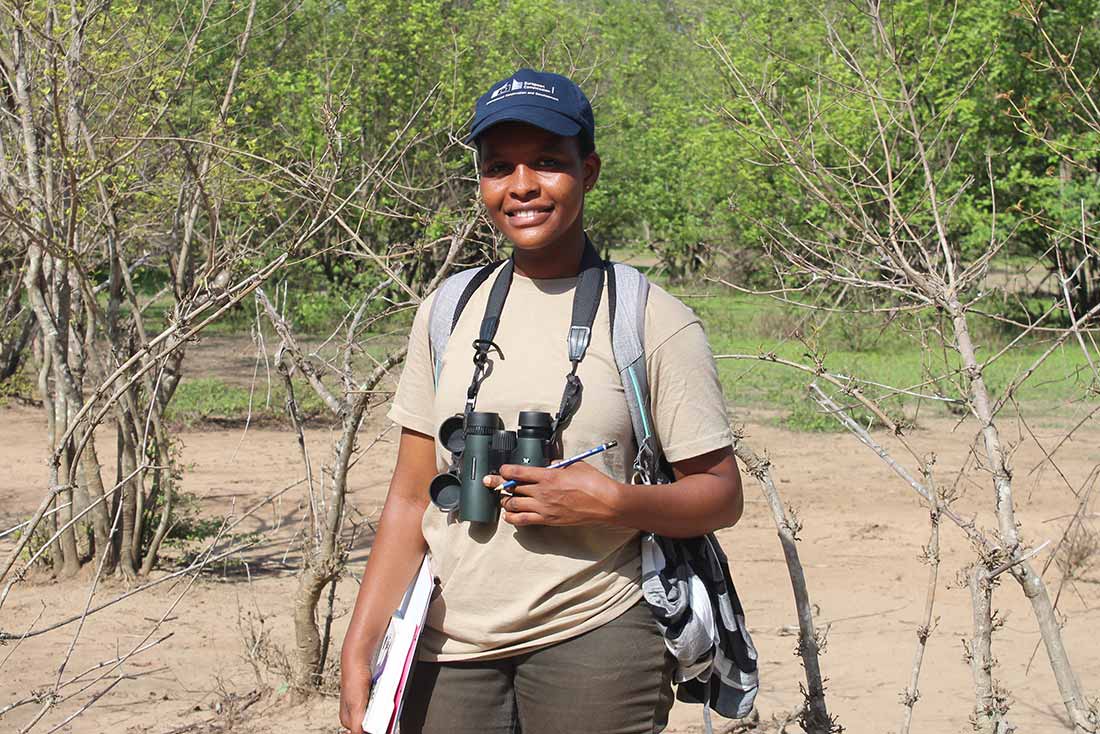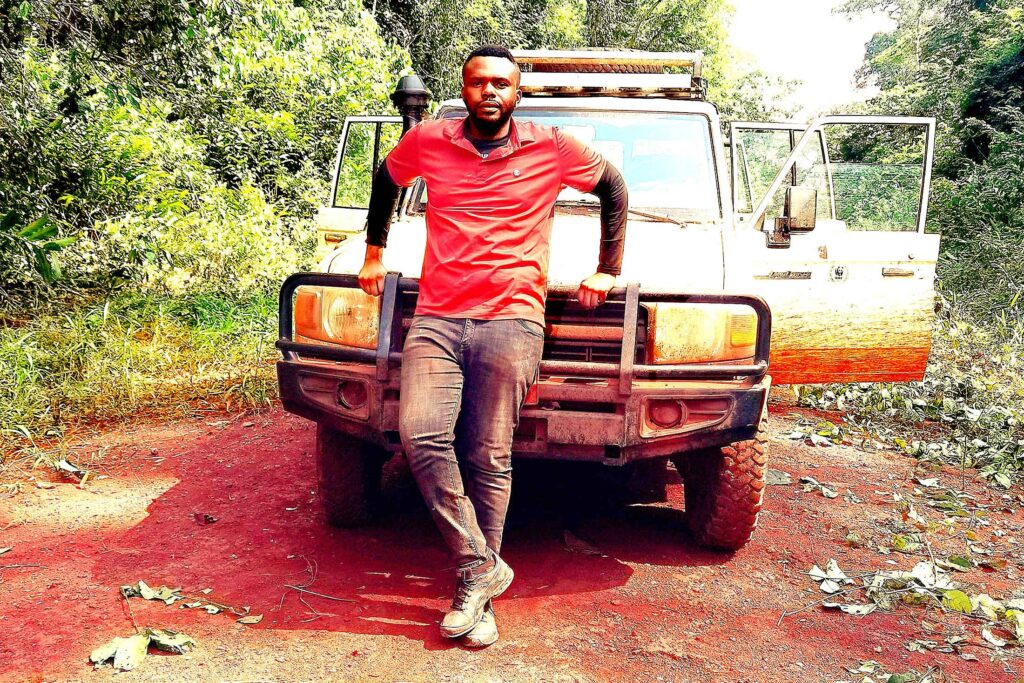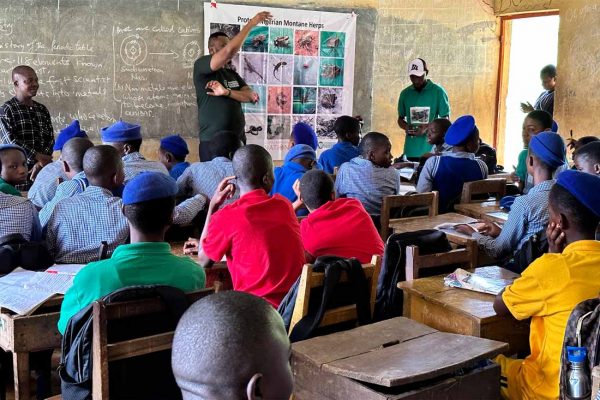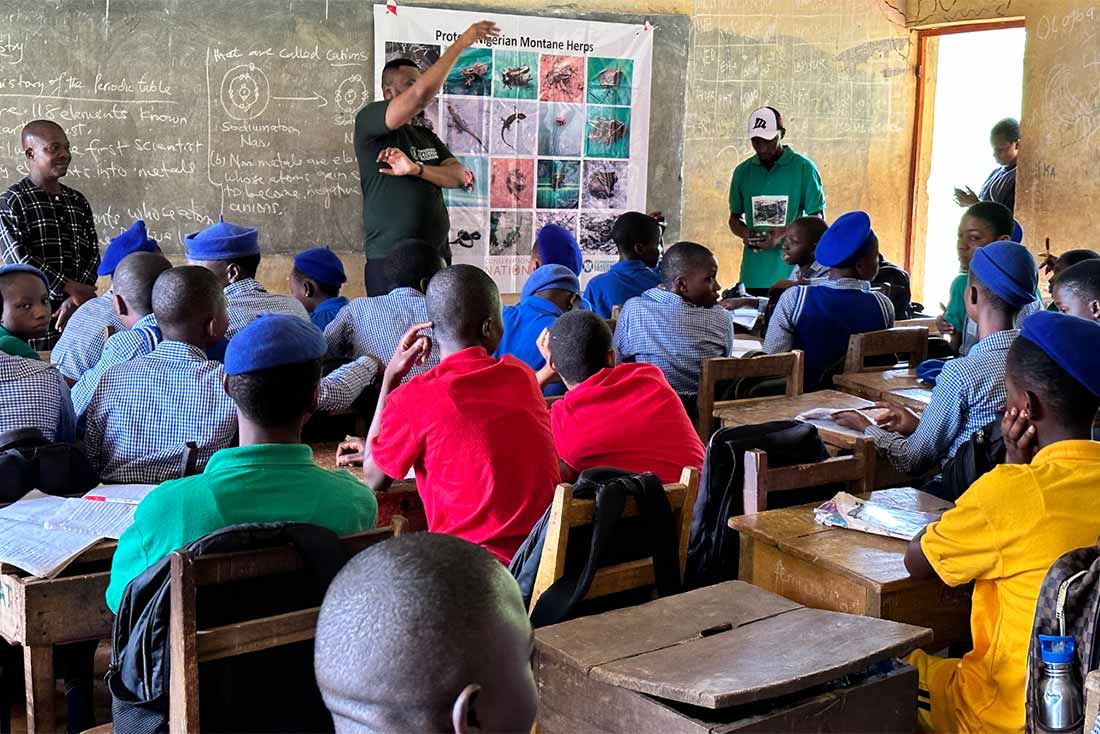Lotanna Micah Nneji is one of Conservation Nation’s 2022 emerging conservationist grant winners. He was born and raised in Nigeria, which sparked his passion and career path in wildlife conservation.
Lotanna holds a Ph.D. in genetics from the University of Chinese Academy of Sciences, China; a master’s degree in zoology (ecology and environmental biology) from the University of Ibadan, Nigeria; a bachelor’s degree in biology from the University of Abuja, Nigeria; and a Higher National Diploma in Science Laboratory Technology from the Federal Polytechnic, Oko, Nigeria. He is currently a postdoctoral research associate at the Department of Ecology and Evolutionary Biology at Princeton University.
Lotanna specializes in researching and conserving Nigerian amphibians and reptiles as a National Geographic Explorer and PhotoArk EDGE fellow. He is also one of the recipients of a 2022 Conservation Leadership Programme Future Conservationist Award. In recent years, Lotanna has focused on improving public knowledge of Nigerian animal diversity, distribution, and conservation status—particularly amphibians and reptiles. He is passionate about wildlife conservation, community-based conservation, and capacity-building.
Saving the Critically Endangered Perret's Toad
Lotanna plans to assess the extinction risk of the Perret’s toad—a critically endangered amphibian endemic to the Idanre Hills in southwestern Nigeria. To determine why this species is declining, he will administer a social science survey to local community members to ascertain which human activities—such as agricultural expansion, deforestation, and tourism—constitute threats to the Perret’s toad. Next, he will swab the toads and use molecular diagnostic tools to determine if chytridiomycosis—an often deadly infectious disease in amphibians—is causing the species’ decline. Lotanna also plans to conduct conservation-focused educational programs at a local high school and during various social gatherings to raise awareness of the Perret’s toad. While he knows it will be challenging, he hopes to encourage interest and active participation in these programs by involving local community members in various phases of his project. When his project concludes, he hopes his findings will lead to the development of a Species Conservation Action Plan.

